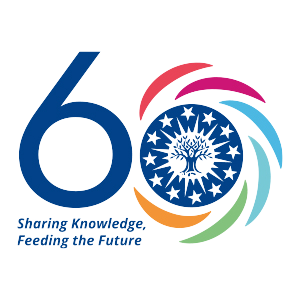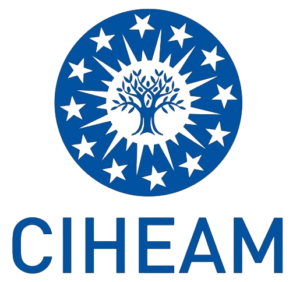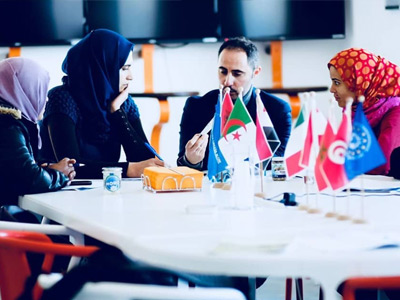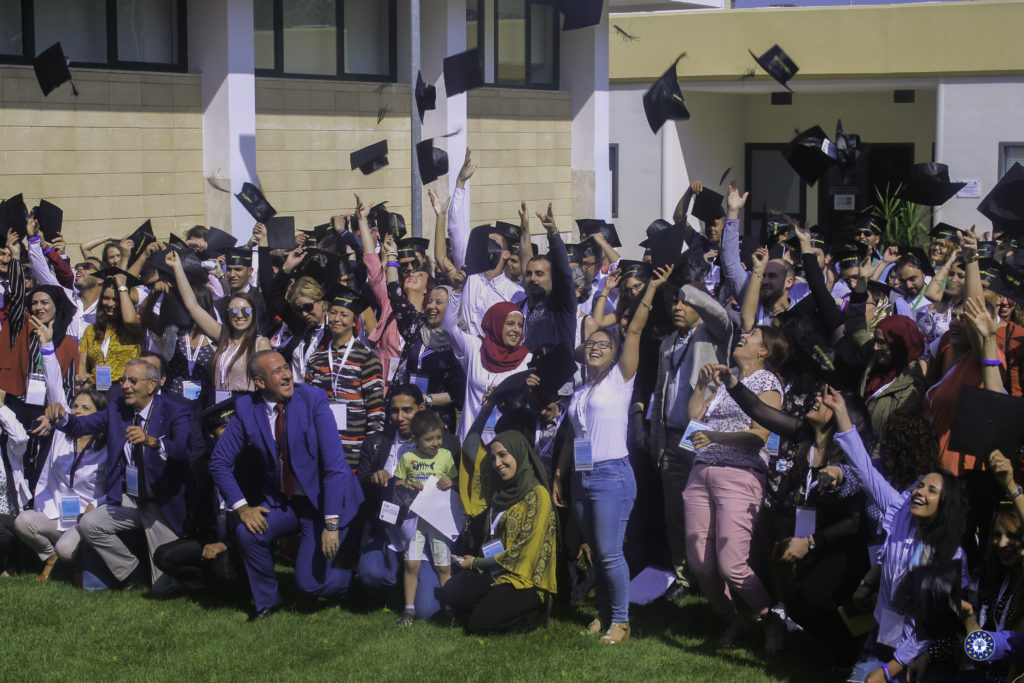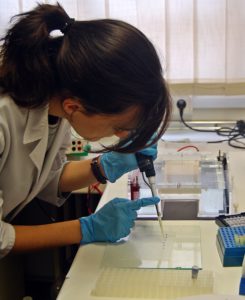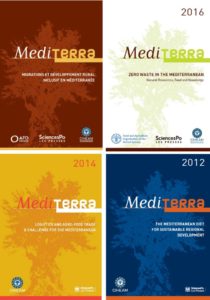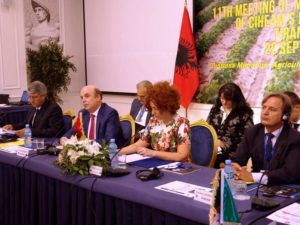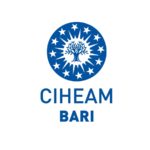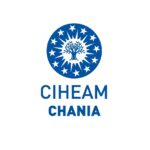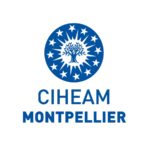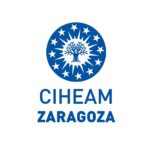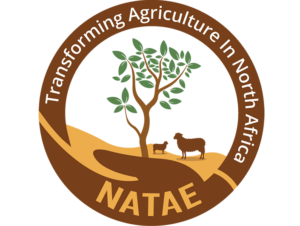
Fostering agroecology transition in North Africa through multi-actor, evaluation, and networking
2022 - 2026
Learn more: https://www.natae-agroecology.eu
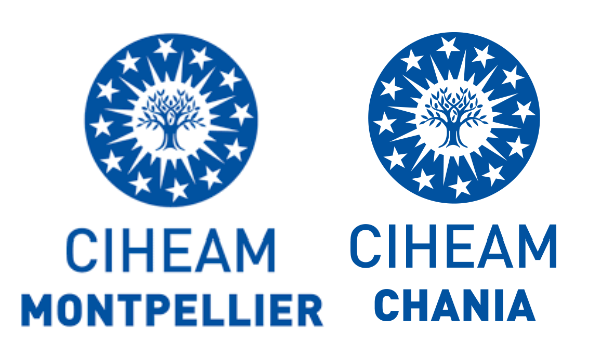
This project involves CIHEAM Montpellier and CIHEAM Chania Institutes.
Project Summary
NATAE (Fostering agroecology transition in North Africa through multi-actor, evaluation, and networking) is a recently awarded project under the Horizon Europe program. Based on a multi-actor and interdisciplinary approach, this four-year project will generate new perspectives to evaluate agroecology-inspired practices in a multidimensional way and at several scales (from production systems to territories and value chains). The objectives are to identify, evaluate and eventually promote the best combinations of agro-ecologically inspired practices in North Africa observed and tested (i), and to set up a Mediterranean agroecological network for knowledge exchange and advocacy at the regional level (ii).
The transformation of agriculture in the context of climate change is a central challenge in North Africa, which is the region of the world most dependent on food imports and a hot spot for climate change.
Faced with these issues, agroecology appears to be a response to address both the challenges of global sustainability and local resilience.
The NATAE project aims to foster the adoption of science-based, locally adapted, and co-designed AE strategies in North Africa by creating a comprehensive and quantitative baseline on AE, providing shared understanding, multi-dimensional performance measures, and analyses of AE's potential to meet consumer demand in the marketplace.
To realize this objective, NATAE will establish and inform a unique multi-stakeholder knowledge-sharing and capacity-building community on EI in the Mediterranean. An original multidimensional and multiscale assessment model, integrating currently neglected factors and a transferable methodological guide will be designed. An integrated modeling approach combining a chain of biophysical and bioeconomic household/regional indicators will be used to develop a unique integrated food and agricultural systems assessment to evaluate the resilience of EAP-based food and agricultural systems. Participatory approaches via living labs will be developed to develop, test and capitalize on alternative public policies and to foster the transition to AE in North Africa.
A collective incorporating dissemination activities will test, advance and communicate a range of existing farm-to-fork EI innovations, including value chain innovations and food system governance innovations, by advancing their respective levels of maturity.
Coordinator
CIHEAM Montpellier (Mélanie Requier-Desjardins)
Source of funding: European Union - Horizon Europe
Partners:
- France: CIHEAM-IAMM (Coordinator), CARI, GRDR - Migration-Citizenship-Development
- Tunisia: Institute of Agricultural Research and Higher Education - INAT, Sahara and Sahel Observatory -OSS, National Institute of Field Crops
- Greece: CIHEAM-MAICh, University of Thessaly
- Italy: CIHEAM-Bari
- Germany: Leibniz Centre for Agricultural Landscape Research - ZALF
- Netherlands: Wageningen University & Research - WUR
- Morocco: Institut Agronomique et Vétérinaire Hassan II - IAV HASSAN II, Ecole Nationale de l'Agriculture Meknès-ENAM, Réseau des Initiatives Agroécologiques au Maroc - RIAM
- Algeria: Centre de Recherche en Économie Appliquée pour le Développement - CREAD, Ecole Nationale Supérieure Agronomique Kasdi Merbah - ENSA
- Egypt: University of Cairo - CRDRS
- Lebanon: ICARDA
- Libya: University of Sebha
- Mauritania: TENMIYA - Center of Innovations for Development
- Portugal: Sociedade Portuguesa de Inovação - SPI
- South Africa: University of Pretoria
- Switzerland: IUCN Mediterranean

